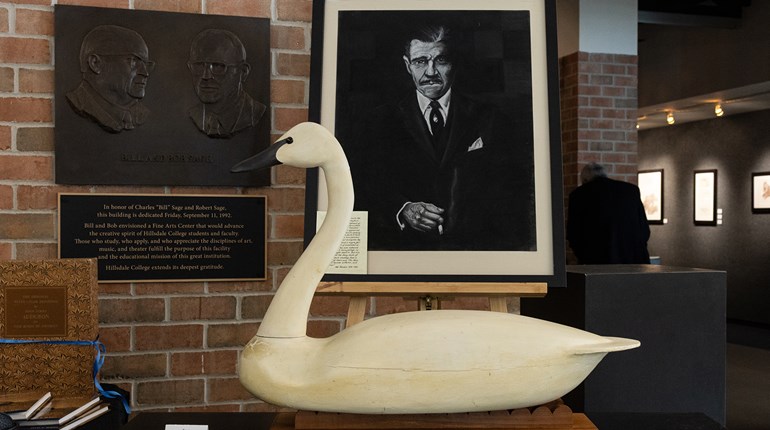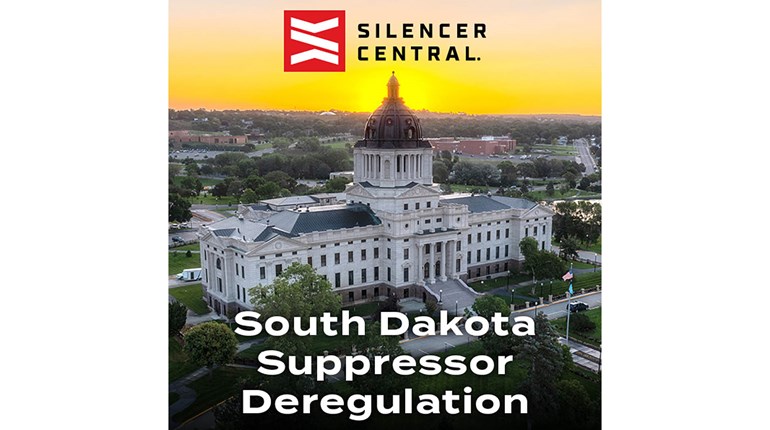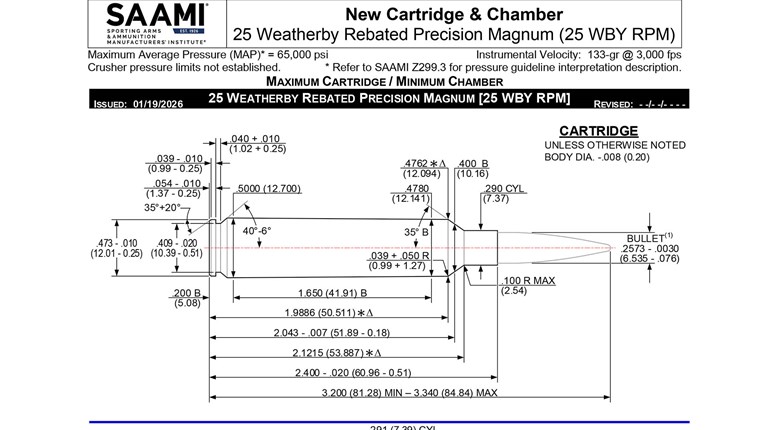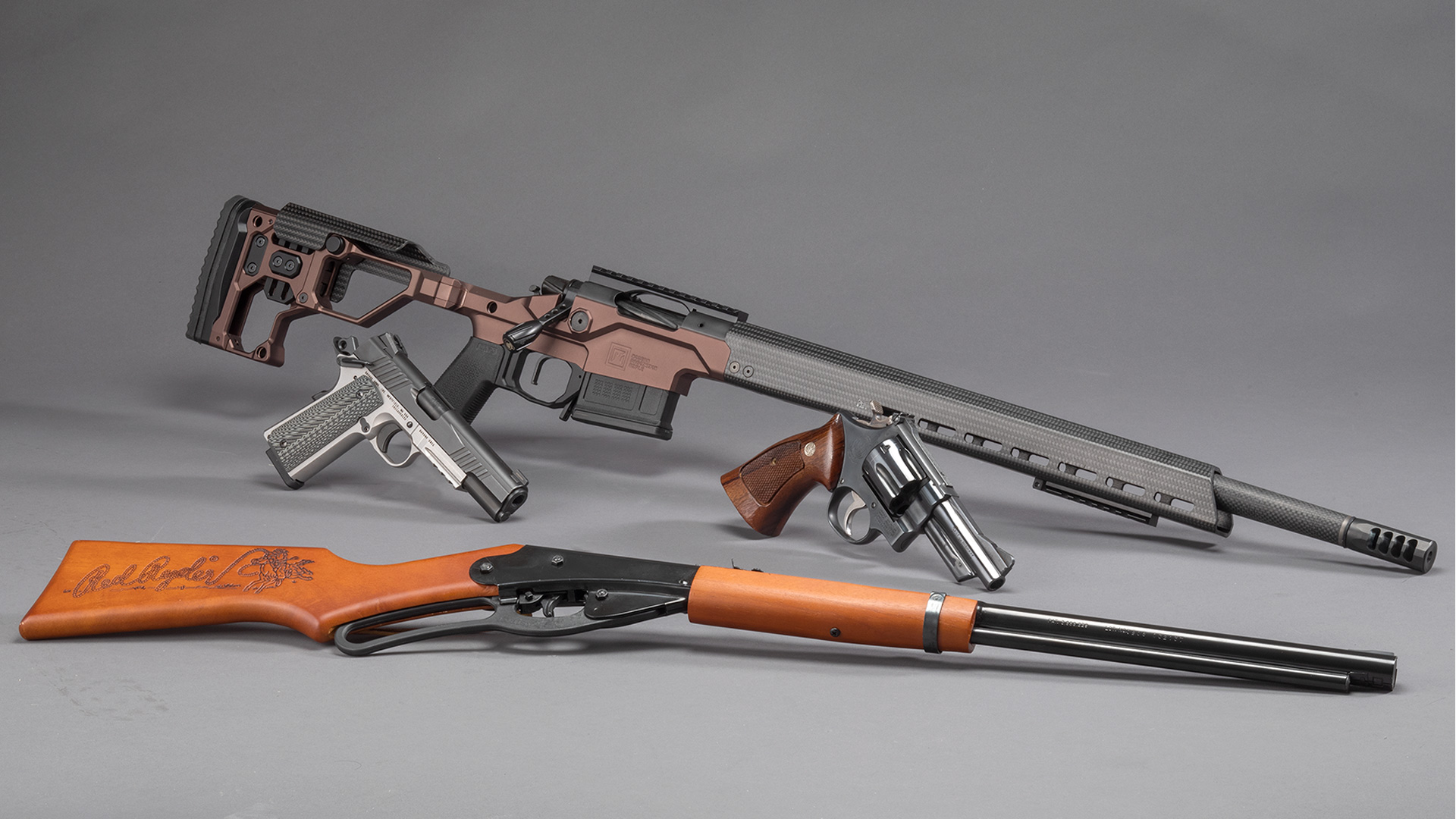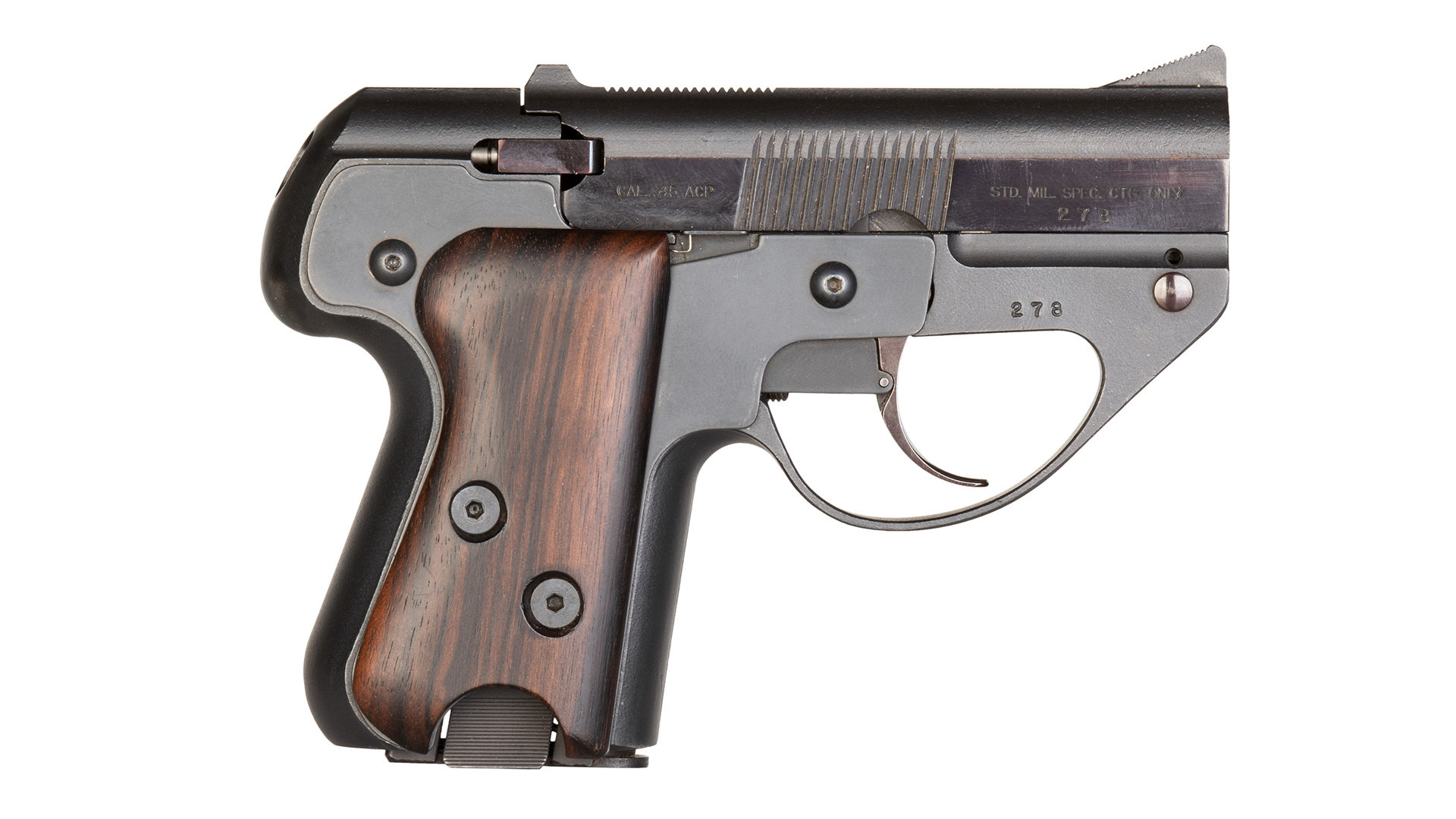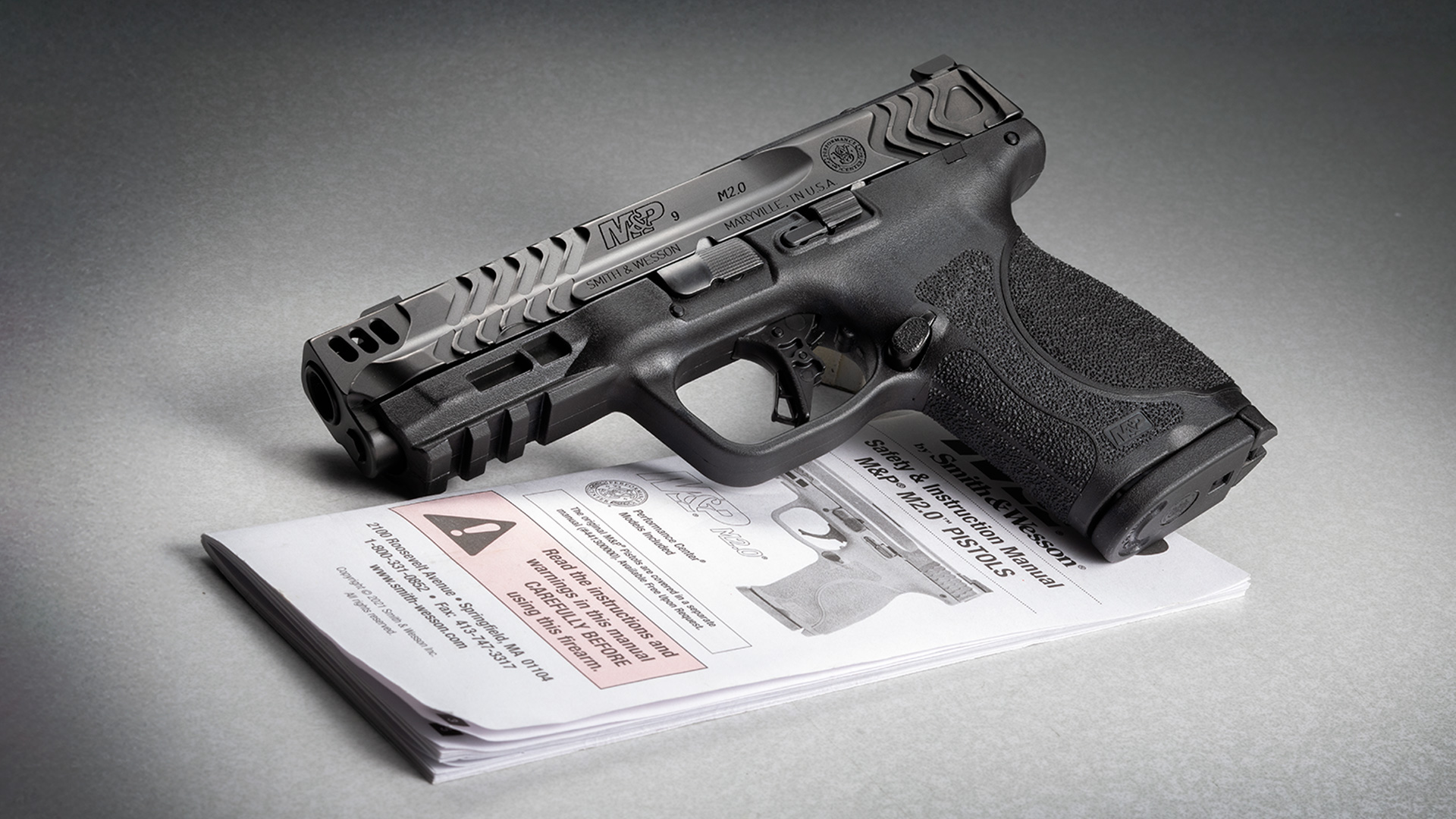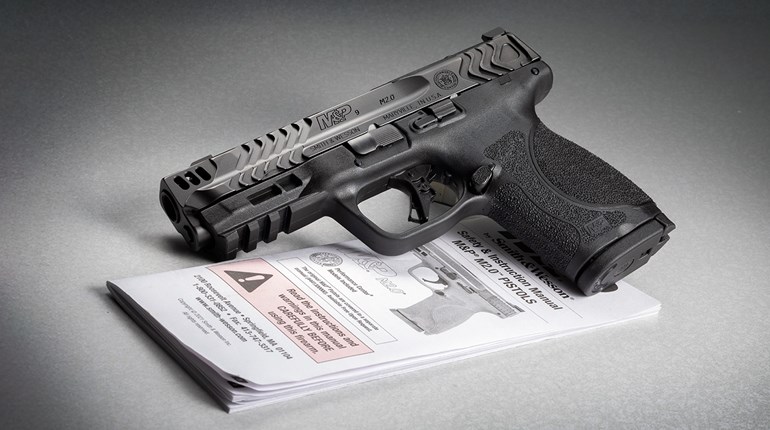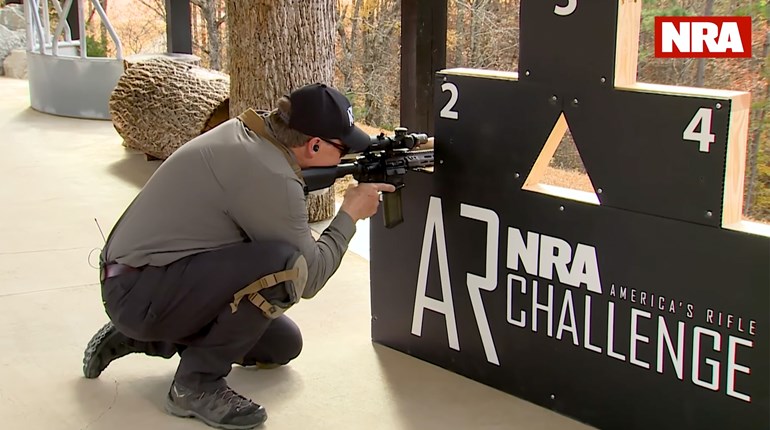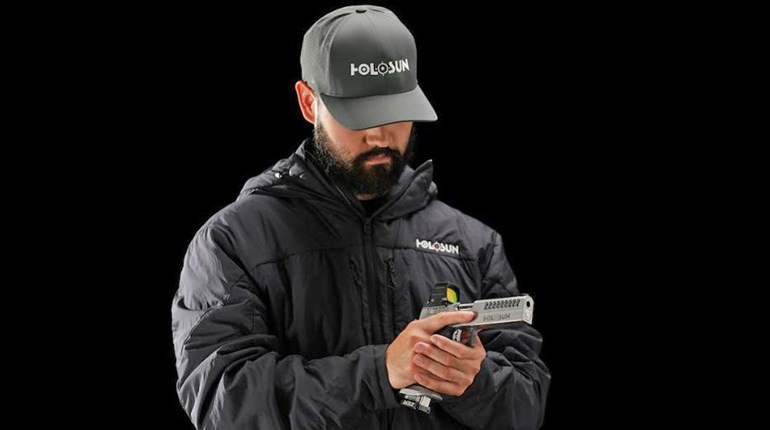
The Alabama Department of Conservation voted unanimously last week to make Alabama the 32nd state to permit hunting with suppressors. The approval came after an Alabama Wildlife and Freshwater Fisheries' (WFF) recommendation in March that the prohibition on suppressed firearms be lifted to allow hunters in the state to use legally possessed suppressors in the field.
The change, subject to approval by an administrative review, will modify Alabama's current hunting regulations to strike the ban on "silenced firearms" for the legal taking of game. This change would allow those who have National Firearms Act (NFA) registered suppressors as well as a valid Alabama DCNR hunting license to both harvest game animals and eradicate non-game pests during open seasons. The move was supported by the National Rifle Association and suppressor/silencer manufacturers and associated trade groups.
"This change marks a major step in the right direction for hunters in the state of Alabama who wish to protect their hearing while hunting game animals," said Knox Williams, President of the American Suppressor Association (ASA).
Interest in suppressor use has increased exponentially in the past few years, as shooters and hunters have become more aware of potential hearing damage caused by firearms. Suppressors also reduce recoil and muzzle rise, and in many cases may help increase accuracy. For hunters, this translates into fewer wounded and lost animals, which is a good thing for sportsmen and wildlife alike. Further, the noise reduction offered by suppressors is seen as a benefit for hunters seeking permission to hunt on private land and in areas of expanding urbanization where hunting is permitted, as well as at shooting ranges located in developing areas.
Heavily regulated under federal law, suppressors are formally classified as "Silencers" under the National Firearms Act (NFA) of 1934, requiring a one-time $200 federal tax (per device) and an FBI background check for purchase. Persons in possession of unregistered or untaxed suppressors may be found in violation of federal tax code (tax evasion), a felony punishable by fines and up to ten years in prison.
The Bureau of Alcohol, Tobacco, Firearms and Explosives (BATFE) is currently tasked with enforcing suppressor regulations in accordance with federal law. Suppressors are classified as a restricted "firearm" and, as such, each has its own individual serial number. Presently, 39 states permit suppressor ownership. It remains illegal to own suppressors in California, Delaware, Hawaii, Illinois, Iowa, Massachusetts, Minnesota, New Jersey, New York, Rhode Island and Vermont.













